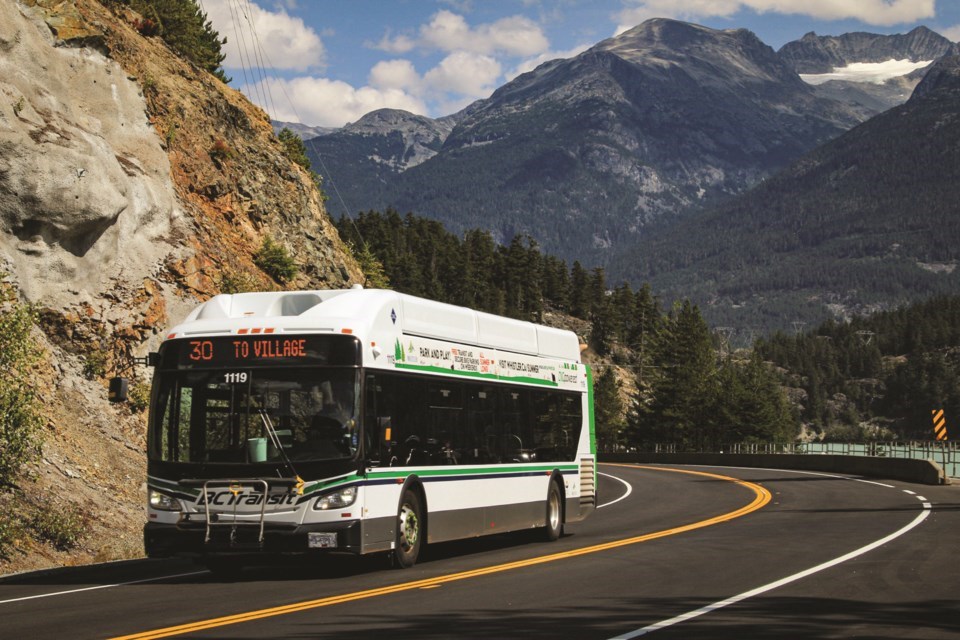Whistler’s Mayor and council heard an update on Tuesday, Feb. 22 about not just how its Community Energy and Climate Action Plan (CECAP) progressed over the last quarter (Q4) of 2021, but how the plan will be applied moving forward.
The CECAP was adopted in 2016, prior to the RMOW’s adoption of its Climate Action Big Moves Strategy in December 2020. The Big Moves strategy introduced a target to reduce Whistler’s GHG emissions by 50 per cent below 2007 levels by 2030 and prioritized the CECAP mitigation actions identified as having the highest impact on GHG emission reductions, explained RMOW climate action coordinator Luisa Burhenne.
With that in mind, RMOW staff have already begun working to consolidate the CECAP and the Big Moves strategy into one “Big Moves Climate Action Implementation Plan,” said Burhenne.
“All of the actions from CECAP will be either rolled in to the implementation plan, retired as completed, or ... as not continued.”
While implementation of the CECAP has been moving along, multiple lower-priority CECAP actions or actions that are outside municipal control “remain unchanged or yet to be initiated,” according to a report from RMOW staff. As of Dec. 31, 2021, there were 14 CECAP initiatives completed (up from eight in Q3 of 2021, when council last received an update on the plan) and 89 initiatives identified as in progress or ongoing (compared to 86 in Q3). Additionally, 28 actions outlined in the CECAP remain uninitiated for reasons related to jurisdiction, capacity or low priority.
Significant CECAP highlights from the last three months of 2021 include the conclusion of the RMOW’s Green Building Policy update research phase and first round of internal stakeholder engagement; a building sector engagement workshop that gathered feedback on the RMOW’s plans to implement the step code for multi-unit buildings; and the completion of the Community Wildfire Resiliency Plan’s final draft.
The RMOW also counted wins in its promotion of public and active transportation, and the development of a Whistler Electric Vehicle strategy getting underway, all while the RMOW continues to expand its municipal e-bike fleet.
Meanwhile, an energy study is in progress at the Meadow Park Sports Centre to identify energy and GHG emission reduction opportunities at the municipal facility. In terms of climate change adaptation, especially as it applies to recreation, implementation of a snow-making system for Lost Lake Loop XC ski trails to extend the ski season, (which will double as firefighting infrastructure during the summer months) is also proceeding.
“The Big Moves Climate Action Implementation Plan is not a new plan,” explained Burhenne. “It will help us move toward achieving our climate targets more effectively; it will help us prioritize action from existing plans, and the whole consolidation process helps us identify and realize synergies between mitigation and adaptation.
“This is important ... we’re not developing another new plan here. We are consolidating so that we report on one single plan and act towards one set of goals.”
The consolidation process will include the development of timelines and estimated budgets associated with achieving those targets, she added.




